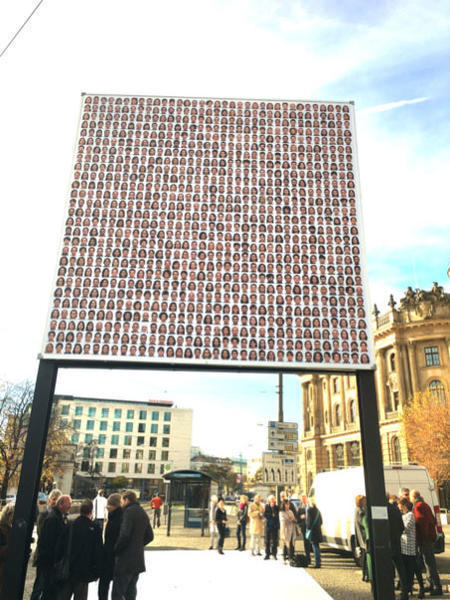Roland Fischer: IN YOUR FACE
Date :
24.06.2016 until 21.08.2016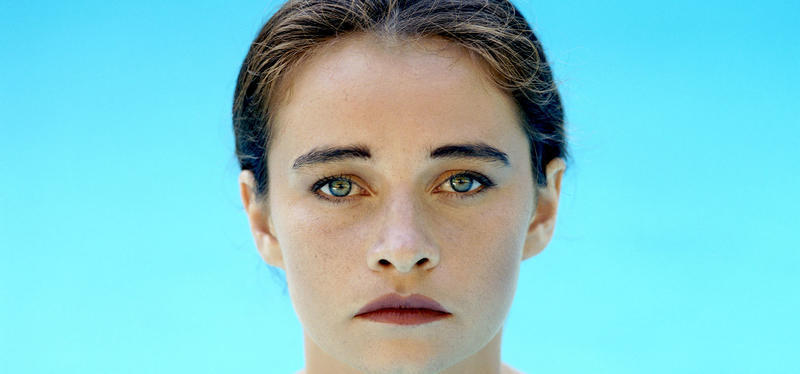
Dates
19:00 Uhr bis 21:00 Uhr
View in the exhibition
Fotos: Zoltán Kerekes
About the exhibition
In our culture the portrait is the oldest means of representing a person's identity. It is now also the most widespread. There is hardly a place in our world where there is no face looking at us, e.g. from a poster or a television screen. A special power is exuded by these images which demands that we look at them. We can hardly look past faces, and if we look at one, we have the feeling of looking at someone and being looked at in return.
It is normally an ambition of portrait art to present the characteristic, individual traits of a person in detail. Roland Fischer's works also pick up on other aspects of the portrait. His famous collective portraits not only display the individuals' portrait-like characteristics, but also place them in the context of the social group to which they belong; the juxtaposition of an individual and group portrait makes this relationship stand out particularly.
The European House of Art is exhibiting a cross-section of Fischer's portrait photography and the important stages in its artistic development: the Los Angeles portraits of the early 1990s, the Chinese collective portraits and Fischer's latest work, the Israeli collective portrait, which also comes with a film Fischer shot in Tel Aviv last year – A Normal Day on Rothschild Boulevard.
text about the exhibition in full length:
Björn Vedder: IN YOUR FACE
In our culture the portrait is the oldest means of representing a person's identity. It is now also the most widespread. There is hardly a place in our world where there is no face looking at us, e.g. from a poster or a television screen.
A special power is exuded by these images which demands that we look at them. We can hardly look past faces, and if we look at one, we have the feeling of looking at someone and being looked at in return. In this way a dialogue is established between the portrait and us, in which we ask ourselves who it portrays – and who we are. (1)
As we ask ourselves about the personality represented, we notice a tension between the outward and inward nature of the person portrayed. It is normally an ambition of portrait art to present the characteristic individual traits of a person, the portrait-like aspects, in detail. (2)
However, this (generally) fails to consider two other aspects, namely more general aspects of identity: the link between individuals and the social environment, the community to which they belong, and their characteristic of being a human being. Yet the latter in particular is why we have so much difficulty ignoring pictures of people’s faces: they hold out the promise of seeing another human being, just like us.
The works of Roland Fischer also pick up on these aspects of the portrait. His famous collective portraits, such as those of Chinese workers, farmers, students and soldiers as symbols of Communist society, or his recent portrait of the Israeli students, not only display individuals' portrait-like characteristics but also place them in the context of the social group to which they belong. The juxtaposition of individual and group portraits makes this relationship stand out particularly.
Fischer’s Pool Portraits, on the other hand, focus on universal human aspects by paring away any individual characteristics. As a result, rather than drawing attention to the relationship between our personality and our face, the tension in the portraits between our inner and outer nature instead underlines the relationship between the mind and the body: contrasting elements which, as Fischer says, pull human beings in two directions.
Dr. Björn Vedder, curator of the exhibition
1) Georg Wilhelm Friedrich Hegel, Sämtliche Werke, Bd. 13, Vorlesungen über Ästhetik II, hg. Eva Moldenhauer und Karl-Markus Michel, Frankfurt/Main 1986, S. 144f.
2) Vgl. Hans Belting, Faces. Eine Geschichte des Gesichts, München 2013.
Works in the exhibition
Roland Fischer, Israeli collective portrait, 2015. Exhibition at Lenbachplatz in Munich
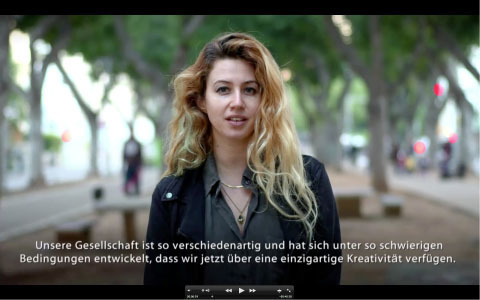
Roland Fischer: A Normal Day on Rothschild Boulevard, Tel Aviv, 2015, video 47 minutes
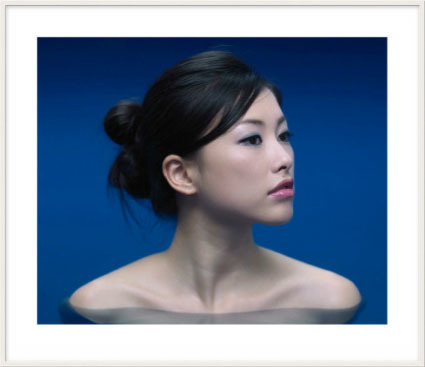
Roland Fischer, Chinese Poolportraits, 2007
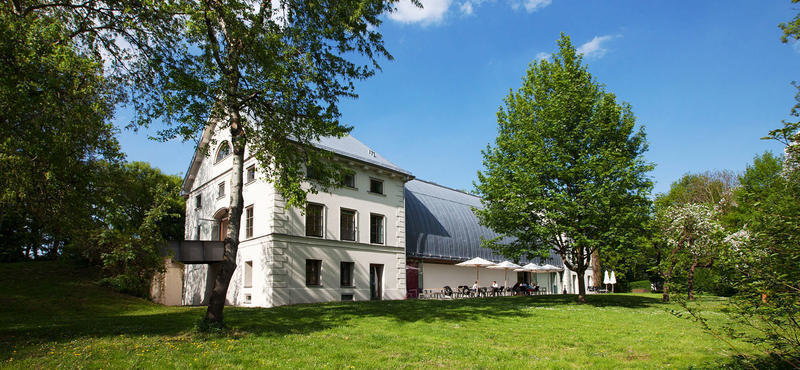
Opening hours Exhibitions
Summer (March-Oct)
Tue - Sat 2 - 7 pm
Sun + holidays 10 am - 7 pm
Winter (Nov-Feb)
Tue - Sat 2 - 6 pm
Sun + holidays 10 am - 6 pm
Opening hours Café Botanika
For opening hours, information and events please have a look on the website of the café: cafe-botanika.de
Bookings:
08161-5486709
Address
Am Schafhof 1
85354 Freising
Germany
The exhibition spaces and the café are accessible to the disabled. The entry to the exhibitions is free.
online & d i g i t a l :
Instagram
@schafhof_art_forum
Facebook
#SchafhofArtCenter
YouTube
Schafhof - Europäisches Künstlerhaus Oberbayern
Schafhof . d i g i t a l
at Videopool

General information
leaflet to download
PDF, 1,9 MB














